AP Euro 'Isms'
5.0(1)
5.0(1)
Card Sorting
1/31
Earn XP
Description and Tags
Study Analytics
Name | Mastery | Learn | Test | Matching | Spaced |
|---|
No study sessions yet.
32 Terms
1
New cards
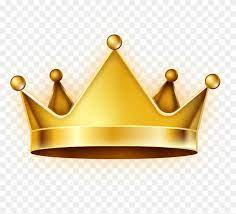
Absolutism
A form of government in which the king has complete control
2
New cards
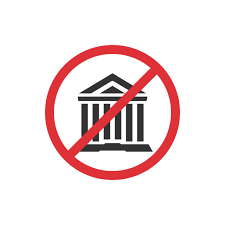
Anarchism
A political theory favoring the abolition of governments
3
New cards
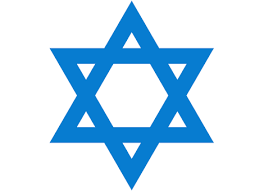
Anti-semitism
Prejudice against Jews
4
New cards
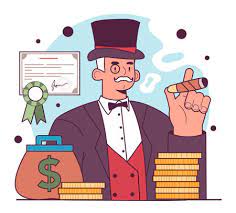
Capitalism
Economic system in which capital is controlled my individuals, not by the state. The economy grows through the efforts of each individual to make the most profit. Possession of the property is the foundation for personal independence and political liberty.
5
New cards

Colonialism
Closely related to imperialism. the idea that countries should settle their own people (establish colonies) in lands they conquer to manage the economic exploitation of the area and to govern it.
6
New cards
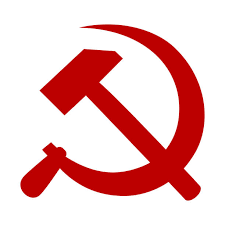
Communism
A form of government and a way to manage the economy that puts all power in the hands of the Communist Party, ostensibly to manage the country for the good of the "people." "From each according to his ability, to each according to his needs."
7
New cards
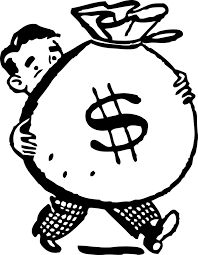
Conservatism
The idea that change should come slowly, if at all.
8
New cards
Cultural Relativism
The idea that all cultures have the same problems and solve them in different ways that fit their special geographical and historical conditions. No on culture is better than another; they are just "different."
9
New cards
Enlightened Despotism
Absolute rule justifies not on grounds of heredity or divine right. Secular in outlook and justification, as in Frederick the Great's self-description as "the first servant of the state." Used to rationalize and organize the state from the top down during the Age of the Enlightenment. Other example is Joseph II of Austria
10
New cards
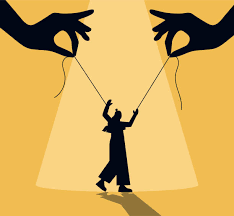
Fascism
"Nationalism on steroids." Also a hierarchical economic system not unlike feudalism except that everyone is working at the behest of and for the benefit of the state.
11
New cards
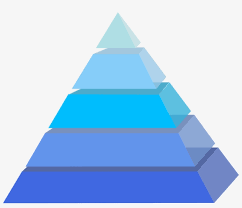
Feudalism
A hierarchical system of government and agriculture based on private contract. Land, worked by serfs attached to it, was held by vassals in exchange for military service and other duties to lords.
12
New cards
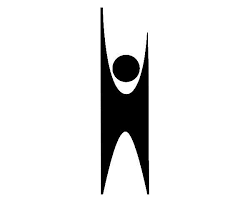
Humanism
The intellectual and culture movement that grew out of the study of Greek and Roman literature at the end of the Middle Ages. It was an important factor in the rise of the Renaissance. Characterized by an emphasis on human interests and characteristics rather than the natural world or religion.
13
New cards
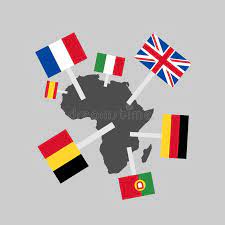
Imperialism
The desire of a country to take over and exploit foreign lands, usually inhabited by people of different ethnicity or religion. Economic motive is to acquire raw materials.
14
New cards

Individualism
The idea that the individual is more important than the state or any other group.
15
New cards
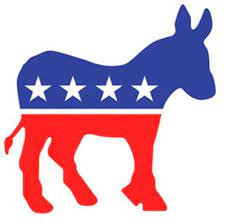
Liberalism
19th-century political philosophy supported mostly by business and professional men. They support only limited suffrage. They favor freedom for the individual, so they fear the "mob." Strong emphasis on the rights of property. Generally, they favored laissez-faire economics, especially at the beginning of the 19th century - keep the government out of the economy and let each individual have as much freedom as possibly to improve himself. Advocated free trade (so they opposed mercantilism). Generally they opposed militarism. Favors constitutionalism "stake in society" theory, and nationalism, because of the idea that people should be governed with their own consent.
16
New cards
Materialism
The idea that only what is tangible is real. "Everything mental, spiritual or ideal is an outgrowth of physical or physiological forces." Karl Marx and Thomas Hobbes believed in this.
17
New cards
Mercantilism
An economic policy under which nations sought to increase their wealth and power by obtaining large amounts of gold and silver and by favoring exporting rather than importing.
18
New cards
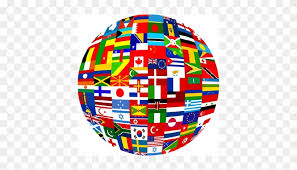
Nationalism
The idea that people of the same language, religion, ethnicity, or heritage should have their own government on their own land.
19
New cards
Naturalism
Literary movement following realism in literature. Demonstrates the determination of human character by the natural and social environment.
20
New cards
Post-modernism
In culture it is associated with surfaces and superficial style including self-conscious parody and quotation. It is a reaction to the naïve confidence in progress and also confidence in objective of scientific truth.
21
New cards
Pluralism
a condition or system in which two or more states, groups, principles, sources of authority, etc., coexist. OR the practice of holding more than one office or church benefice at a time.
22
New cards
Realism
Art and literature movement that followed Romanticism. Closely allied with realpolitik in government. as a philosophy it is a "kind of unrealistic faith in the constructive value struggle and a tough-minded rejection of ideas and ideals."
23
New cards
Radicalism
English movement of philosophers who wanted to "deduce the right form of institutions from the very nature of and psychology of man himself." Favored universal manhood suffrage and reform of Parliament.
24
New cards
Relativism
The idea that truth is not absolute, but rather is subjective. It maintains that the basis for judgement depends on the events, people, or circumstances surrounding a given situation.
25
New cards
Republicanism
French idea that a republican form of government is best. Opposed to the monarchists who were scared of the excesses of the Jacobins and their ancestors. Unlike liberals they favor universal suffrage. They are opposed to monarchy of any variety and they are opposed to the catholic church since they think it is the enemy of reason and liberty.
26
New cards
Romanticism
Movement in art, music and literature that was a reaction against the classical period. Themes included emotion, supernatural, nationalism, historical themes, nature, true love (often unrequited) and death.
27
New cards
Scholasticism
The system of logic, philosophy and theology of medieval university scholars includes the idea of reason and faith can be reconciled. the most famous practitioner is St. Thomas Aquinas. It is based on the writings of Aristotle and the early Christian fathers.
28
New cards
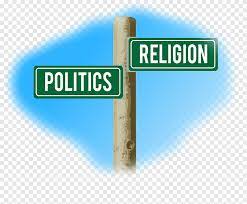
Secularism
Separation of the state from religious institutions.
29
New cards
Social Darwinism
The idea that life is a struggle and only the fittest groups of people can survive.
30
New cards
Socialism
Idea that the government should manage the economy, or aspects of the economy for the good of the people. These people in the 19th century agreed that workers were unfairly treated, opposed competition as a principle of economic behaviors, rejected laissez-faire, and questioned the validity of the concept of private property.
31
New cards
Totalitarianism
The organization of a state that has complete control over every aspect of the individual's life and in which the goal of the individual is to serve the state.
32
New cards
Zionism
The idea that Jews should have a nation in the land of Israel. First articulated by Theodor Herzl in 1896, in response to anti-Semitism, unleashed by the Dreyfus case.